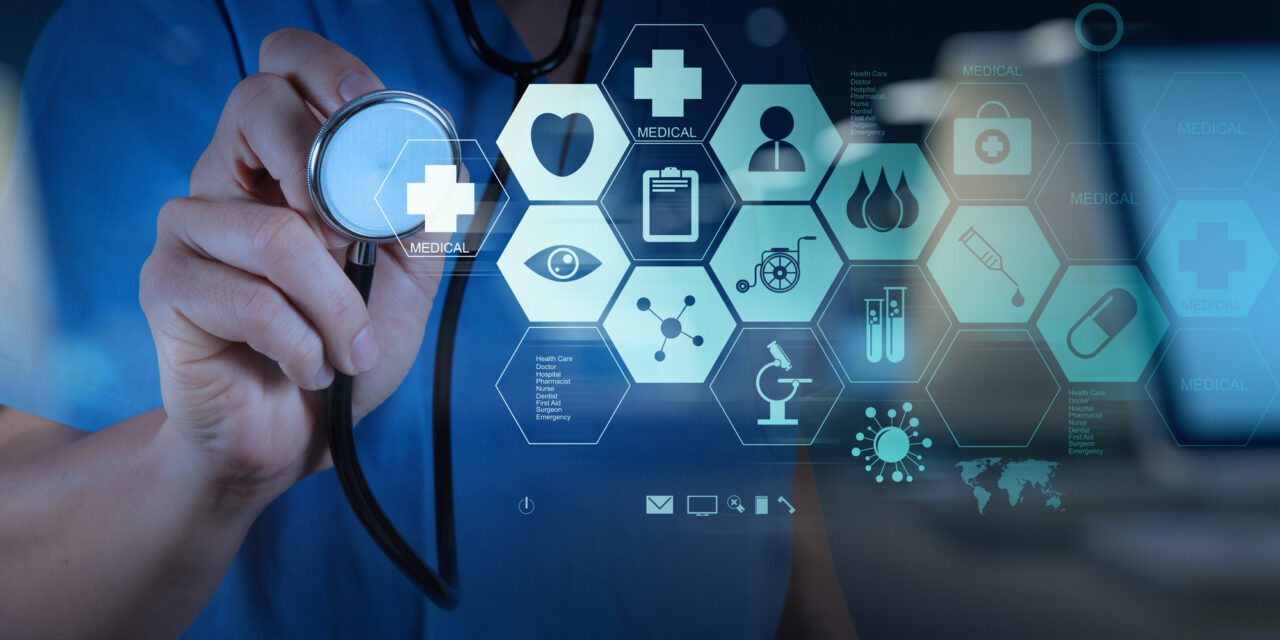By Judith G. Fales, MA
The Jacobs Institute and the Jacobs School of Medicine and Biomedical Sciences recently gathered many of their leading physicians and scientists to discuss what health care will look like in the future. How will the health care equity gap be bridged? What will be the impact of politics on health care? How will emerging technologies continue to reshape the health industry? The program, chaired by Allison Brashear, MD, MBA, VP for Health Sciences and Dean of the Jacobs School, and Adnan Siddiqui, MD, PhD, CEO and Chief Medical Officer of the Jacobs Institute, was based on their recent report entitled The Future of Health.
These local heroes of medicine want to ensure that both patients and health care workers are given the best care, believing that happy medical workers increase the health and happiness of their patients. For example, health care providers must now spend too much time entering data during patient visits instead of looking at, and talking with, patients. It is predicted that artificial intelligence (AI) will handle at least 70% of all charting by 2030. However, while AI will never replace human action and decision-making, it will greatly assist providers.
Another prediction is that patients will increasingly become responsible for their own health care, including how and where they receive care. Patients will monitor their own data and provide that information to their doctors. There will be virtual visits using the data from wearable devices, which will monitor much more than heart rates. This will allow home-based health care similar to the personal house calls doctors made in the past.
Technology, medical advances, and bionics (the study of mechanical systems that function like living organisms) will address our aging population, as age is a risk factor for major diseases. The doctors also discussed the need for a new medical specialty to address the impact of climate change on health. For example, climate change affects the quantity and quality of water, and we already have an increasing number of “forever chemicals” in our water, some of which produce illness.
Nancy Nielson, MD, PhD, Senior Associate Dean for Health Policy at the Jacobs School discussed the lack of trust in the government and in science. She said that when science affects the economy (as during the COVID-19 shutdowns), and the autonomy of individuals (such as mask mandates), people become dissatisfied and distrustful, and that doctors and scientists need to learn how to address this.
Health care is a human and fundamental right, and the highest level of health care should be accessible to all. Social determinants of health include systemic racism and unequal access to care. The Buffalo Center for Health Equity, The Erie County Office of Health Equity whose Director, Kelly Wofford, was one of the speakers, and the Equity Task Force are local organizations working to decrease the disparities in the delivery of health care. They also address access to healthy food, clean air, and clean water.
Judith G. Fales, MA is an editor and writer for Buffalo Healthy Living.












